
Sharing true life stories is powerful. As much as we can draw inspiration and motivation from reading them, the process of writing and reflecting on past events can also be a way for us to become empowered. It can be a way for us to make sense of what’s happened to us, what’s led us to where we are and make it easier for us to decide what our next steps are in life. In this blog, we share the thoughts of six celebrities, ranging from former US presidents to famous authors, and how they affirm that writing and sharing true life stories brings value.
Although autobiographies can be seen as a way for celebrities to further their careers or to generate revenue, an increasing number of them are talking about the health benefits that come with sharing a reflective memoir. This aligns directly with what Stozzys believes, as our platform was created both to encourage people to write down their stories, and to act as a central repository so these stories are easier to find by others.
It’s worth remembering that whilst this blog is centred around the celebrity endorsement of true life stories, you don’t need to be a celebrity to connect with others through writing true life stories. Anyone can achieve these benefits by taking the time to document what’s happened to them.
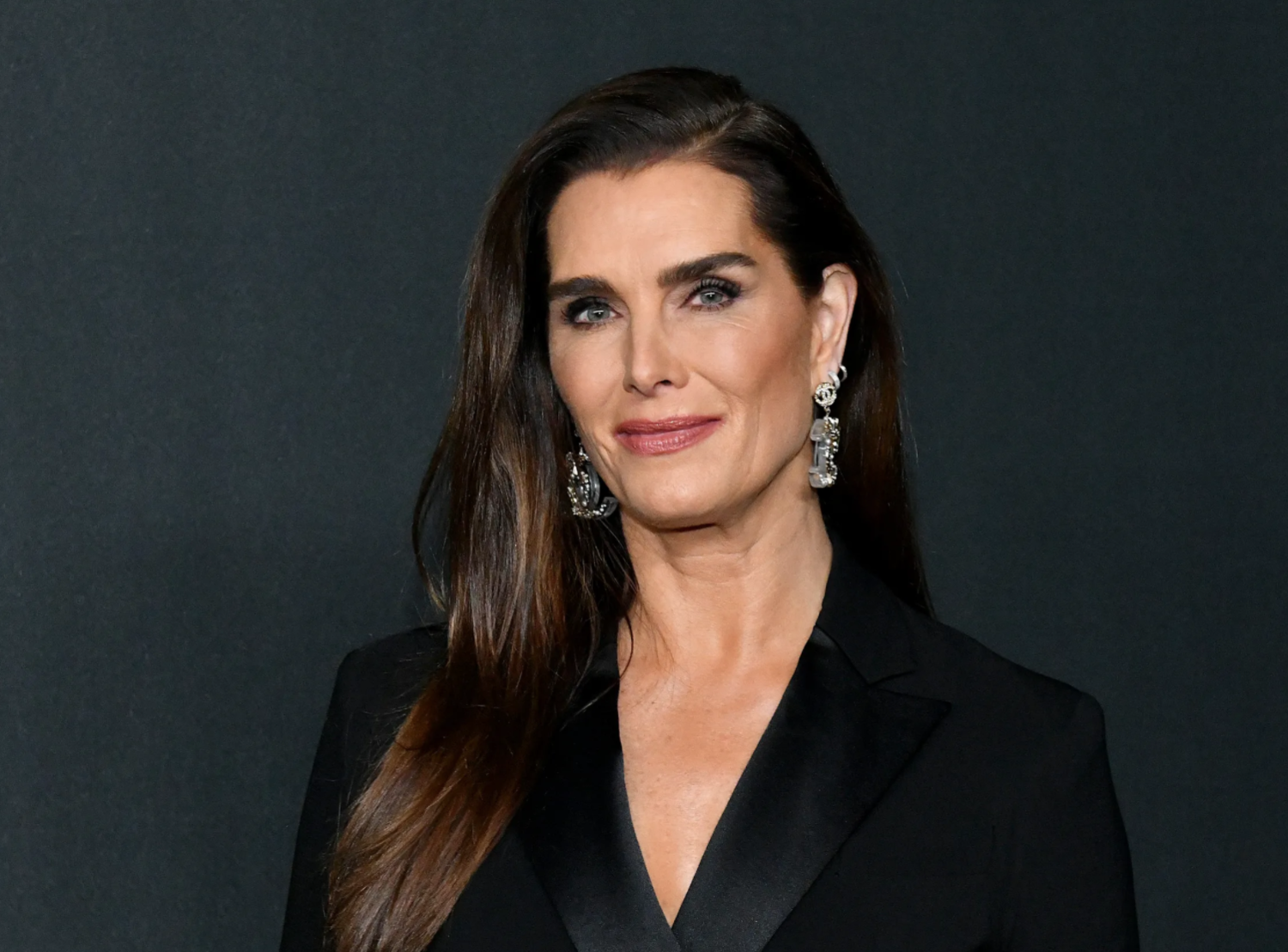
Credit: Craig Baritt/ Getty Images for Self
Brooke Shields
The actress recently said that sharing her story through publishing a book allowed her to overcome the shame she experienced as a result of post-natal depression. When talking about her book Down Came the Rain, Shields explained:
“I just set out to be honest, because I was suffering and I saw other people suffer, and nobody was talking about it, and that angered me… I was like: why should I be made to feel like I’m not a good mom when no one told me about this? So I decided to be accountable and talk about it, because the shame surrounding it is really unfortunate. And [my sharing] did help, which I’m told quite frequently.”
Brooke makes the specific point that she fruitlessly searched the internet for someone else describing this experience: “I wish that there had been something that I could have read.” She goes on to say, “I wanted to give people forgiveness from it, I needed to be let off my own hook.”

Credit: Max Pixel
Barack Obama
When discussing his book Dreams from my Father, the former US president reveals that writing it helped him to figure out his future:
“I’ve always believed that the best way to meet the future involves making an earnest attempt to understand the past. It’s why I enjoy reading different accounts of history and why I value the insights of those who’ve been on this earth longer than I have… In finding the right words, in putting in that time, you may not always hit upon specific answers to life’s big questions, but you will understand yourself better… The act of writing is exactly that powerful.’
He listed the “deeper set of unresolved questions” that led him to write his autobiography – “Who am I? Where do I come from? How do I belong?” – whilst seeking to inspire young adults to do the same:
“I hope that my story will encourage you to think about telling your story, and to value the stories of others around you. The journey is always worth taking. Your answers will come.”
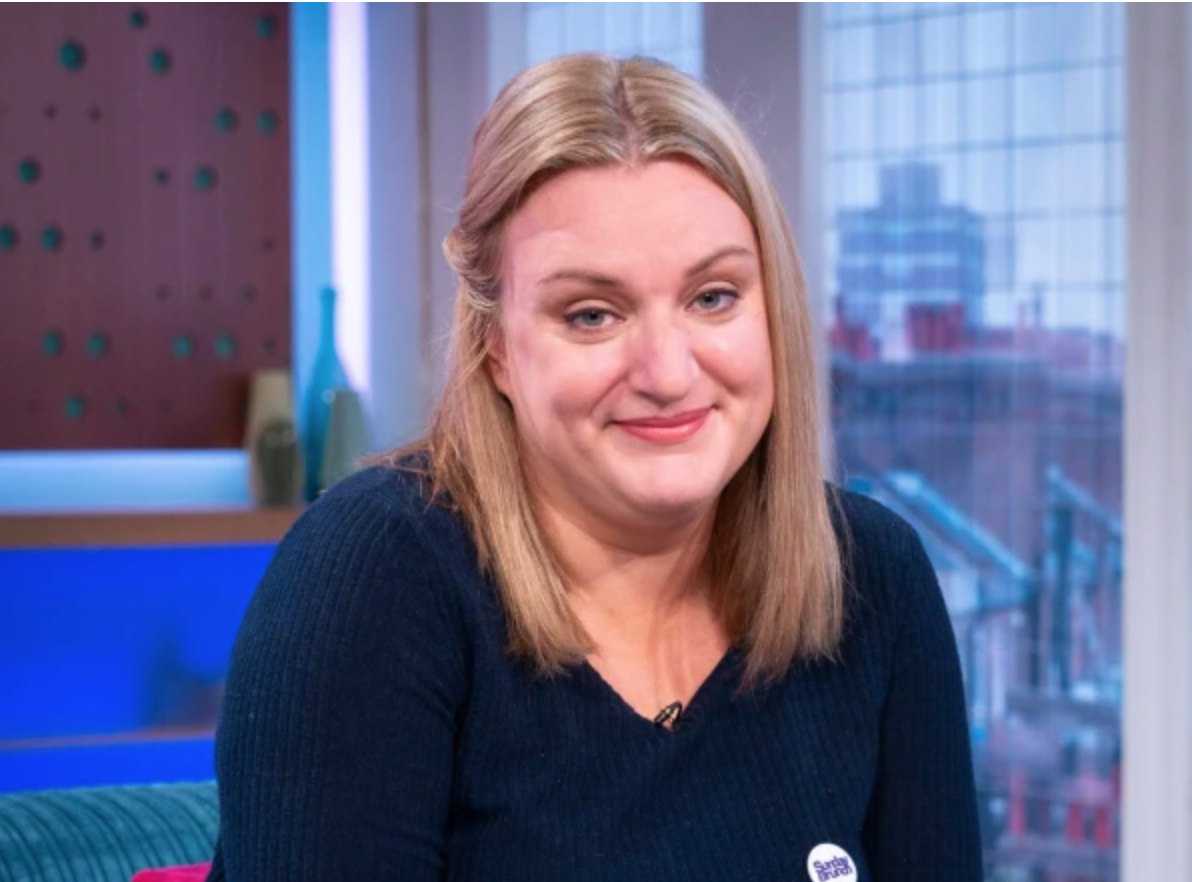
Credit: Rex for Metro
Daisy May Cooper
Speaking about her recent autobiography Don’t Laugh, It’ll Only Encourage Her, and her struggles trying to make a break in her career, actress and writer Cooper recently stated that she hopes the book will provide solace to anyone who has had similar experiences. She also explains that reading the autobiographies of others helped her to stay positive:
“I read Peter Kay’s autobiography a lot, and James Corden’s. The most important thing is that you have to talk about it, because it gives other people hope, and inspires people to change the situation.”
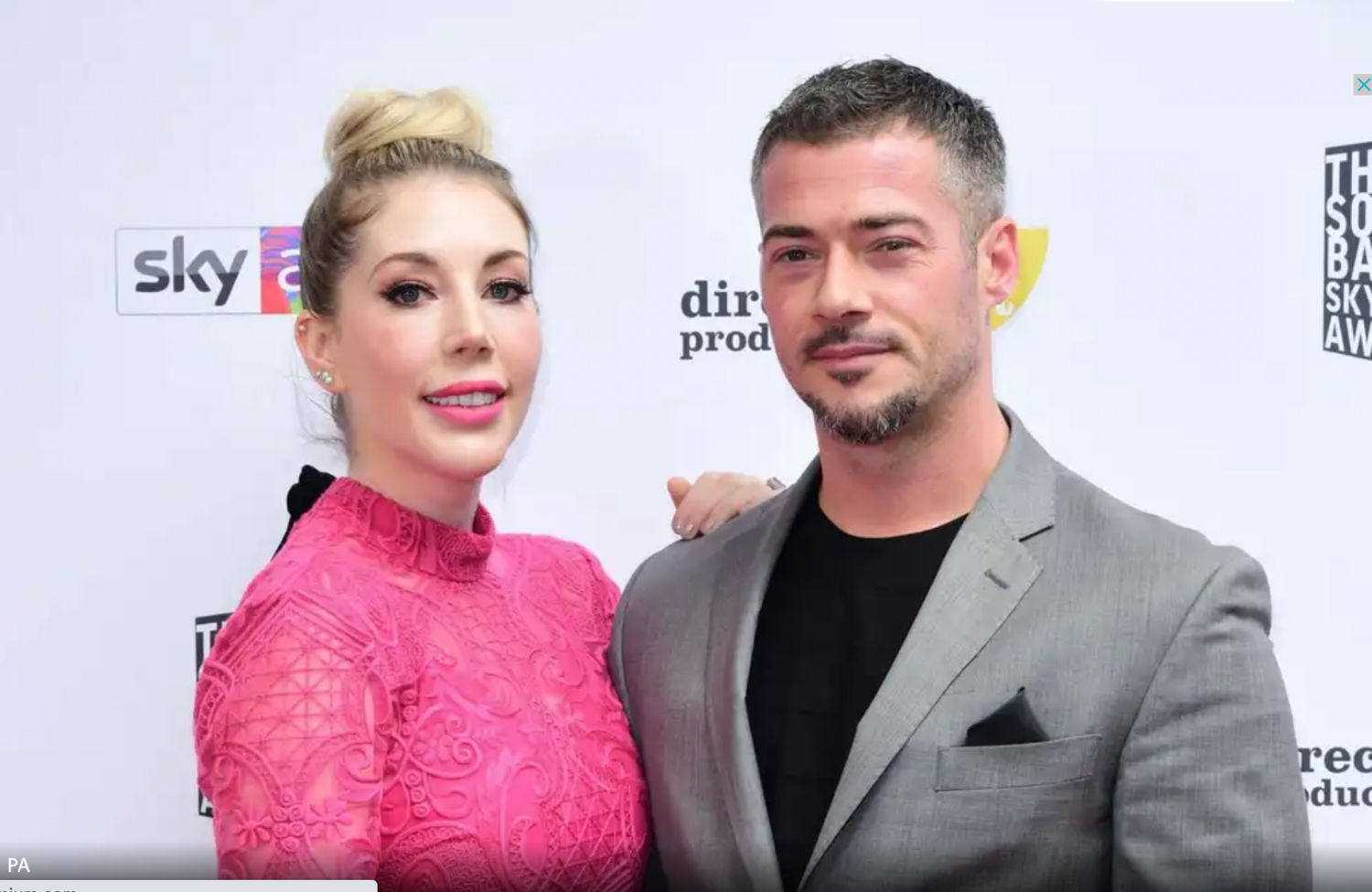
Credit: Evening Standard
Katherine Ryan
After experiencing a miscarriage, comedian Katherine Ryan said that it made her feel “embarrassed and shameful“, adding women and girls need more information on what it’s like losing a baby. She’s since spoken out about her experiences in an interview with Love Island host Laura Whitmore in the hope it will help others:
“The reason we don’t talk about miscarriage more is not for the sufferer of the miscarriage, not for the mom and family, it’s for everyone else. It’s a way of being polite – nobody wants you to say you found out you lost a baby…”
Ryan seems to be making the point that a high volume of readily available accounts from others would be a worthy goal, because the pain might decrease if “more women … tell their stories about this”.
She also touches on her frustration about her lonely experience and the lack of stories “I felt all these things, and I looked for stories and I really couldn’t find many of them”. In turn she explains how that drove her to write her memoir: “It was important for me to share it, even if it helps just one person.”
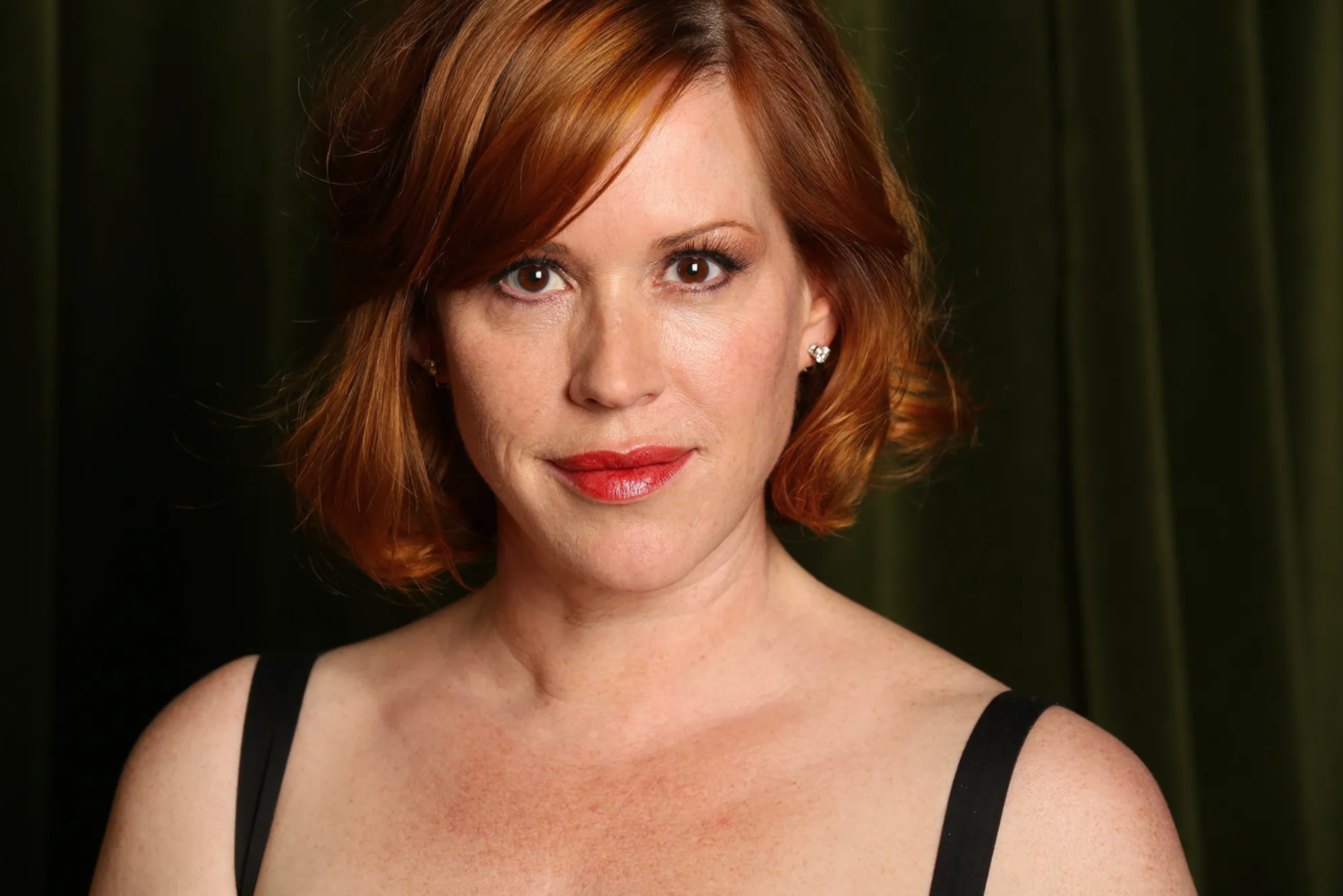
Credit: Alexandra Wyman / New Yorker
Molly Ringwald
Despite acting from a young age, the actress explains that sharing her story about the difficulties of parenting whilst onstage at The Moth was both terrifying and liberating. It’s helped her to heal and work towards overcoming past trauma.
“Telling my story was not easy: it was deeply personal, and for the first time in my life, I found myself consumed by stage fright. But at the same time the whole experience felt liberating. Being able to tell the story meant that I was no longer living it. We had survived, my daughter and I, and in a way, being able to tell the story marked the end of one part of my life and the beginning of a new chapter.”
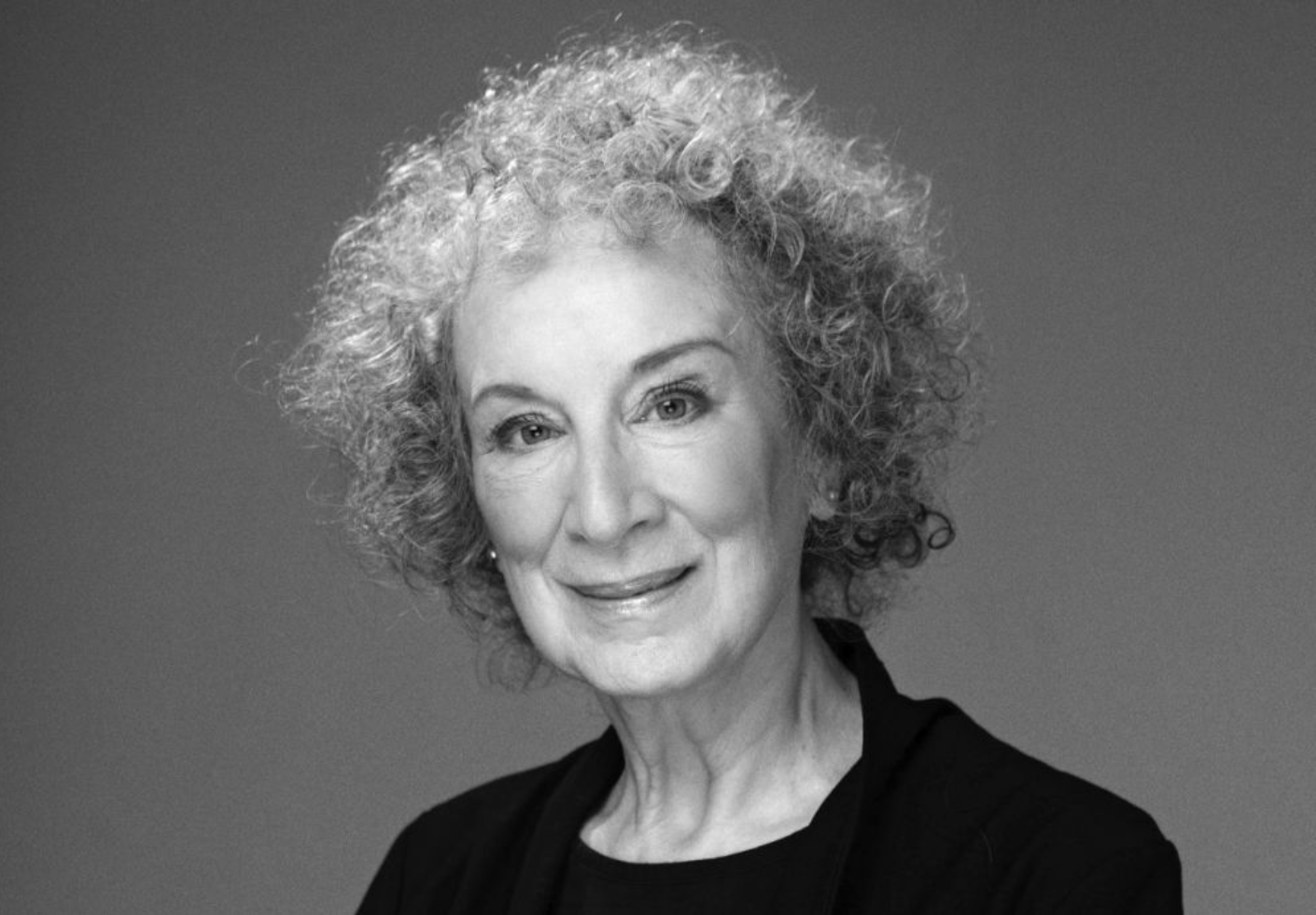
Credit: The Paris Review
Margaret Atwood
In her book Alias Grace the author shares her thoughts on how events seem chaotic until they are reflected upon. We think this quote perfectly sums up how processing what has happened to you at a later date helps you to make sense of it.
“When you are in the middle of a story it isn’t a story at all, but only a confusion; a dark roaring, a blindness, a wreckage of shattered glass and splintered wood; like a house in a whirlwind, or else a boat crushed by the icebergs or swept over the rapids, and all aboard powerless to stop it. It’s only afterwards that it becomes anything like a story at all. When you are telling it, to yourself or someone else.”
If you would like to share your true life story, you can do so via the share stories page.
Alternatively, you can explore the Stozzys true life story repository via the read stories page.
